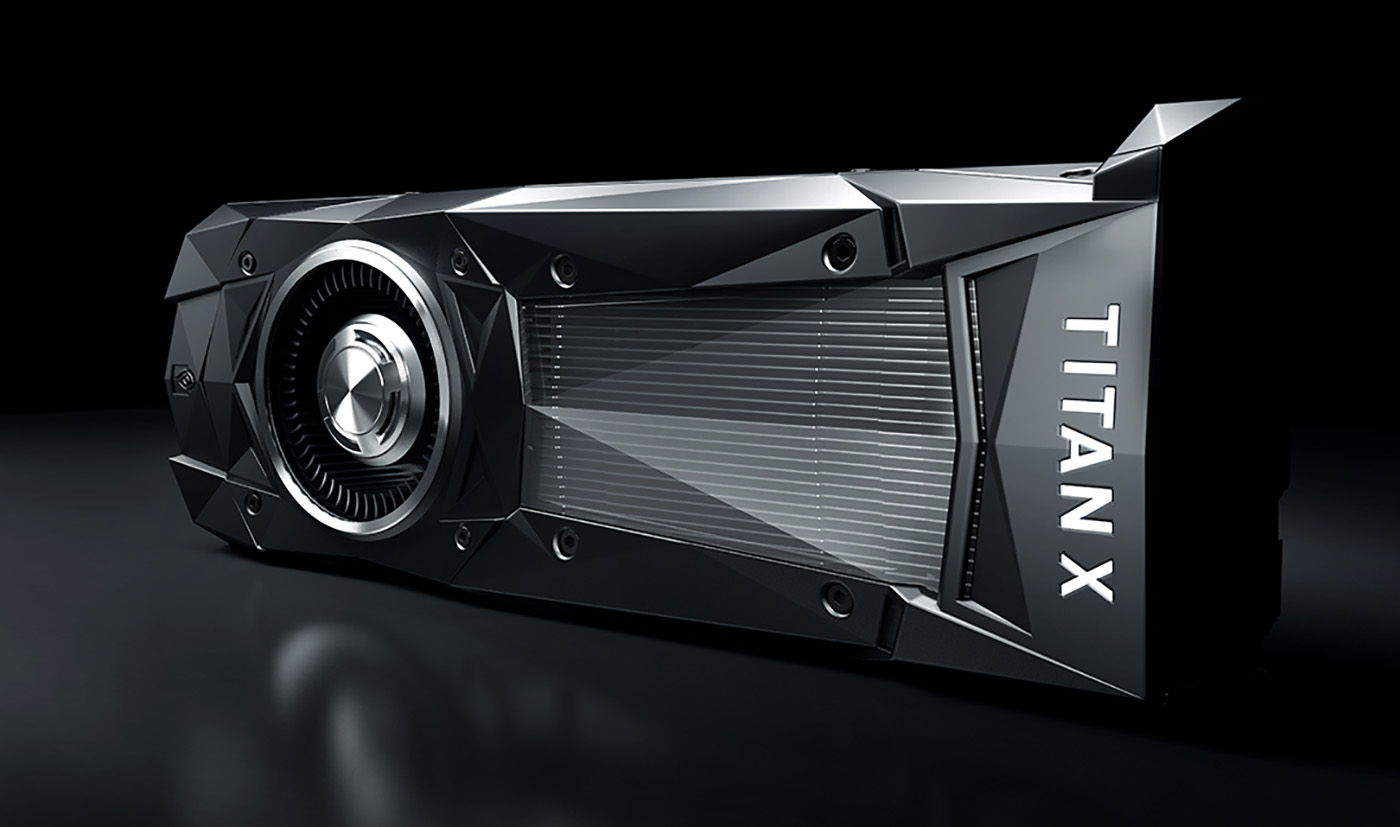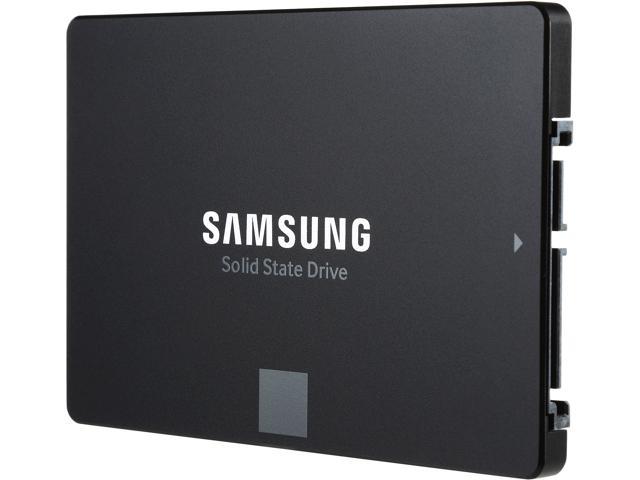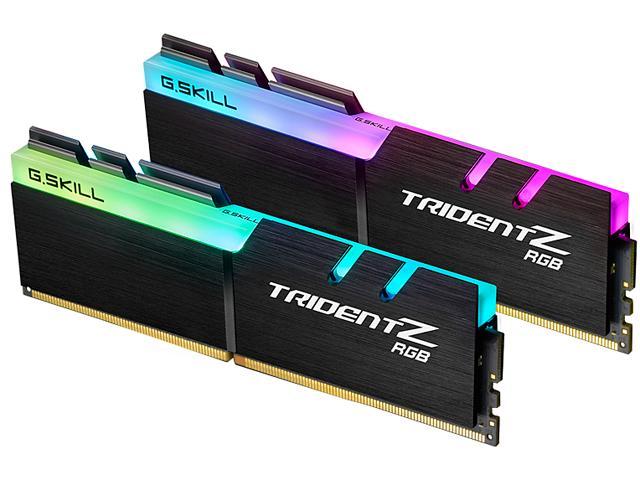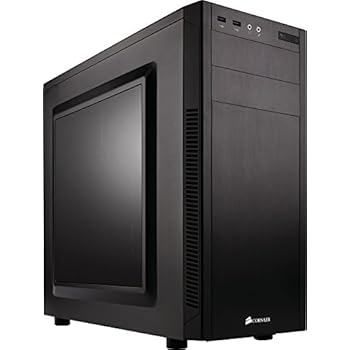3.8 KiB
title
| title |
|---|
| Computer Hardware |
Computer Hardware
In this section, we explore the various hardware components of modern computers.
Parts of a Personal Computer
Central Processing Unit (CPU)
A Central Processing Unit (CPU) is the electronic circuitry within a computer that carries out the instructions of a computer program by performing the basic arithmetic, logical, control and input/output (I/O) operations specified by the instructions.
Motherboard
The motherboard houses many of the crucial electronic components of a system, such as the central processing unit (CPU), memory and extension cards. It also provides electrical connection between these compoenents and other peripherals so they can communicate.
Expansion Cards (eg. GPU)
Expansion cards are printed circuit board that can be inserted into a computer motherboard to add functionality to a computer system via the expansion bus. An example of extension cards is the GPU. A graphics processing unit (GPU) is a specialized electronic circuit designed to rapidly manipulate and alter memory to accelerate the creation of images in a frame buffer intended for output to a display device.
Storage (SSD or HDD)
The Solid State Drive (SSD) or Hard Disk Drive (HDD) are used to store information on the computer. The drive retains the memory even after loss of power. A Hard Disk Drive uses a spinning disk to store memory, while a Solid State Drive has no moving mechanical components.
Memory (RAM)
Random-access memory (RAM) is a form of computer data storage which stores data and machine code currently being used. A random-access memory device allows data items to be read or written in almost the same amount of time irrespective of the physical location of data inside the memory.
Case
A case is used to house all the components of a computer.
Power Supply Unit (PSU)
A Power Supply Unit is an electronic device that supplies electric energy to an electrical load. A computer power supply supplies electrical energy to all the components of the computer including: the motherboard, disk drives, and fans. Power supplies vary in the amount of output they provide and power supplies must be matched to the number of components needing power so they are not overloaded. The PSU changes alternating current from a wall socket to low-voltage direct current to operate the CPU and peripheral devices.
Input and Output devices (eg. Keyboard and Mouse)
Input/Output device is any hardware used by a human operator or other systems to communicate with a computer.
Monitor
A computer monitor is an output device which displays information in pictorial form.


/gig-57c732ed3df78c71b60e7aa5.jpg)







